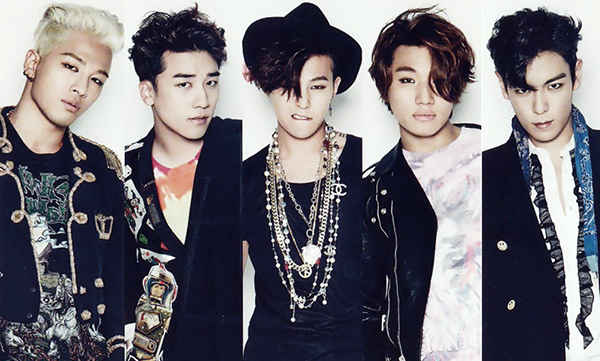Why Koreans don’t have beard? Not growing?

Reasons Koreans Don’t Have Beards:
Genetic Factors
One of the primary reasons many Koreans, and East Asians in general, have less facial hair is due to genetic factors. Genetics play a crucial role in determining the density and thickness of hair, including facial hair. The gene variants responsible for dense facial hair are less common in East Asian populations compared to other ethnic groups.
Evolutionary Adaptations
Over thousands of years, different populations have adapted to their environments in various ways. For East Asians, including Koreans, evolutionary adaptations may have led to less body and facial hair. This could be a result of natural selection where less body hair was advantageous for living in certain climates or environments.
Hormonal Differences
Hormones – example: testosterone are responsible for the development of facial hair. While Koreans do produce testosterone, the sensitivity of hair follicles to these hormones can vary. In many East Asians, hair follicles might be less responsive to testosterone, resulting in less facial hair growth.
Cultural and Social Norms
In Korean culture, there has traditionally been a preference for a clean-shaven look. This cultural norm can influence individual behavior and grooming practices. Historically, Korean men have often been depicted and perceived as more youthful and cleaner when clean-shaven, reinforcing the trend of minimal facial hair.
Historical Context
Historically, beards were not a significant part of Korean identity. Ancient Korean art and literature rarely depict men with beards, suggesting that facial hair was never a prominent feature. This contrasts with other cultures where beards have been seen as a symbol of wisdom or virility.
Modern Influences
In contemporary Korean society, the influence of global media and fashion trends also plays a role. The Korean entertainment industry, including K-pop and K-drama, tends to favor a youthful, clean-shaven appearance. This preference further perpetuates the trend of minimal facial hair among Korean men.
Examples

K-Pop Idols: Most male K-pop idols, example: members of BTS, EXO, and Big Bang, are known for their smooth, clean-shaven faces, which aligns with the aesthetic preferences in Korean pop culture.
Historical Figures: Historical Korean figures, example: King Sejong the Great, are often depicted without beards in statues and portraits, reflecting the longstanding cultural preference.
History

Facial hair in Korea has not been a significant cultural symbol. Unlike Western cultures where beards have often represented wisdom, status, or masculinity, Korean historical records and artworks show a preference for clean-shaven faces.
This could be partly due to the influence of Confucianism, which values neatness and propriety. Over time, this preference became ingrained in Korean societal norms.
Facts

Comparative Genetics: Studies have shown that the EDAR gene, which affects hair thickness and facial hair density, is prevalent among East Asians, contributing to less facial hair.
Korean Skincare: The focus on skincare in Korea, known for its elaborate routines and products, emphasizes smooth and clear skin, which complements a clean-shaven look.
Changing Trends: While the clean-shaven look is predominant, there is a small but growing trend among younger Korean men experimenting with facial hair, influenced by Western fashion and global cultural exchanges.
The lack of beards among Koreans can be attributed to a combination of genetic, evolutionary, hormonal, cultural, and historical factors. This preference has been maintained and reinforced through various influences over the centuries, shaping the contemporary clean-shaven aesthetic that is widely observed today.












